Kitchen gardens help Juba’s mothers earn more income and raise healthier children
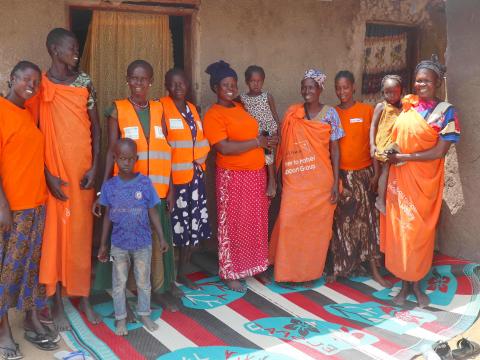
Nyoka, a 48-year-old mother of seven was among the 160 mothers who were trained on various ways to prevent malnutrition through kitchen gardening, and how to counsel mothers and caregivers on best feeding options in 2020. The groups are composed of 12 mothers from World Vision’s 15 supported nutrition centers in Juba urban.
The mother-to-mother support groups were organized by World Vision to help ensure that nutritious food is available in South Sudan’s households. It was established in 2016 and was able to train 180 mothers like Nyoka who until now serves her community. This remains the most effective and sustainable way to prevent undernutrition.
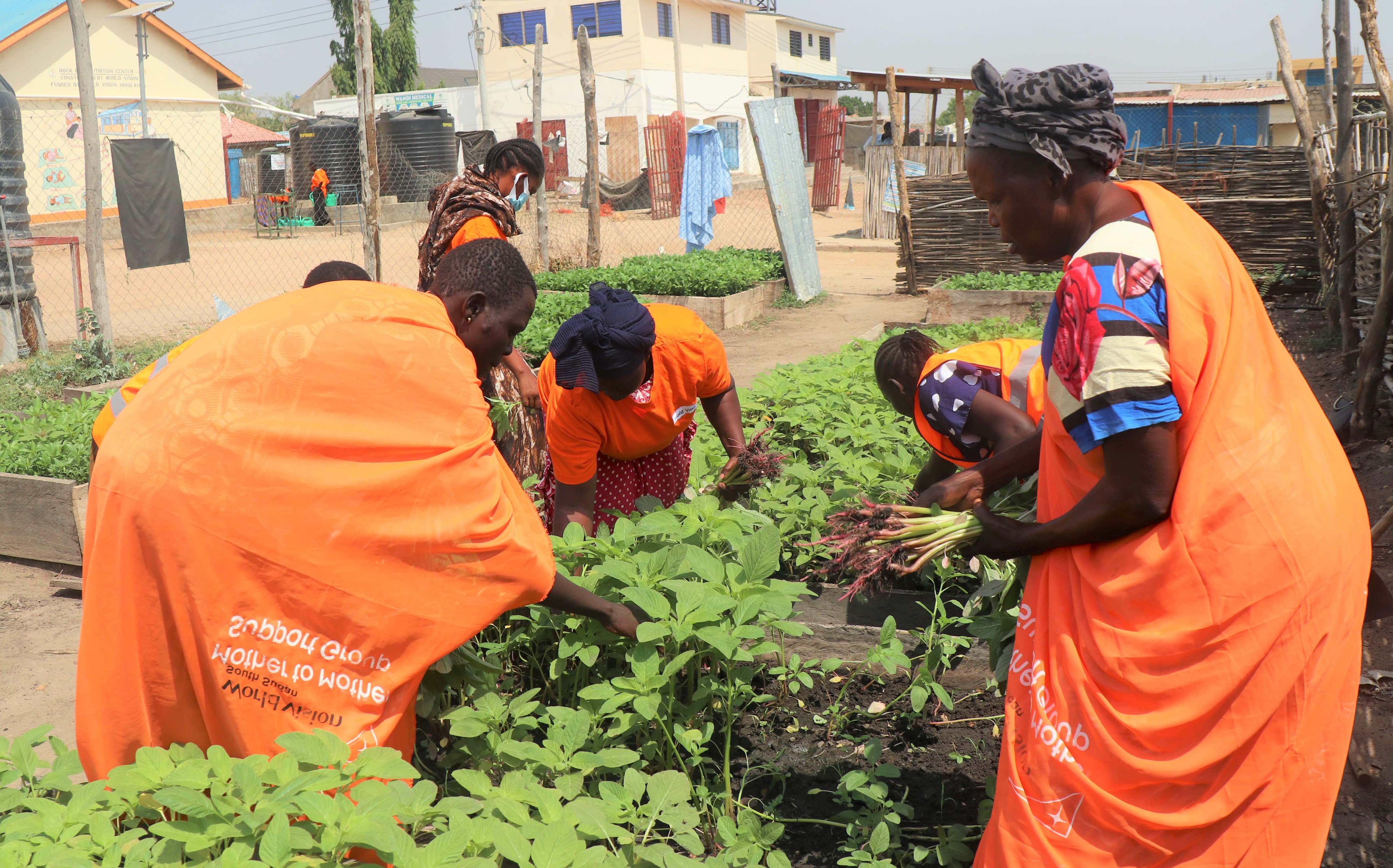
As lead mother in Rock City, Nyoka shares, “At first we did not see the value of the training. We were skeptical of growing vegetables in a dry area like our place. We tried to prove the World Vision nutrition team wrong, but instead we got surprised with the results.”
Nyoka said the vegetables in the market were usually cultivated at a riverbank about a two-hour-walk from her community. She adds, “Shopkeepers have to ride motorbikes or taxis to purchase the vegetables they sell. Due to high transport fees, they sell them to us at high cost, which we cannot afford, thus depriving children of good nutrition.”
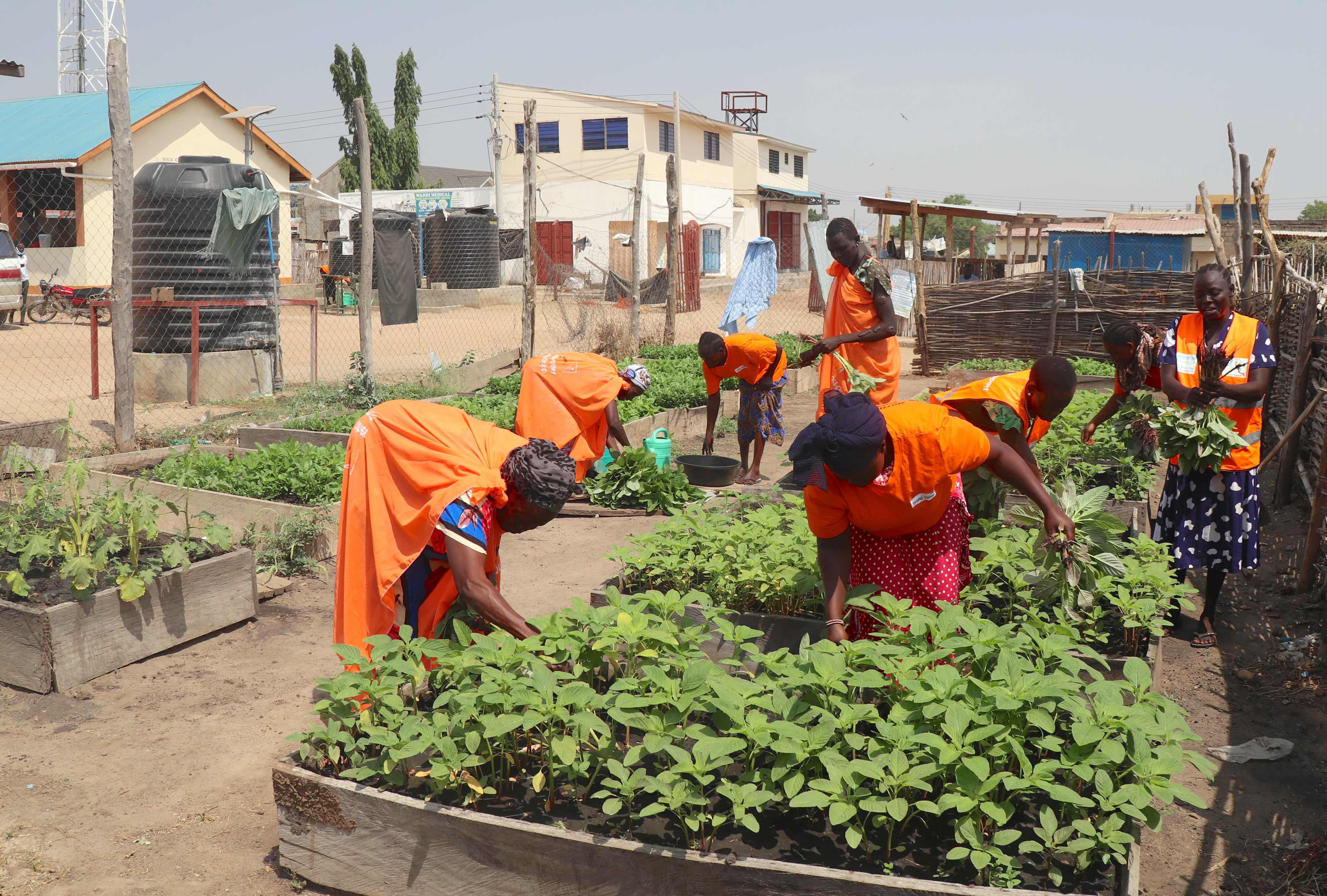
When the mothers learned how to plant nutrient-rich vegetables throughout the year even during dry and rainy seasons at a space in the nutrition centers and their homes, they were able to help lower malnutrition especially among children, lactating and pregnant women.
The mothers’ group play an important role in Juba’s communities. They meet weekly to share their experiences, train other mothers, work together on their kitchen gardens, and create awareness to prevent malnutrition.
“I am glad many mothers have practiced this in their homes. Nowadays, many of us worry less about food because we have variety of vegetables in our gardens. The local traders also buy from us instead of traveling for two hours. It is good for us and the whole community”, Nyoka says.
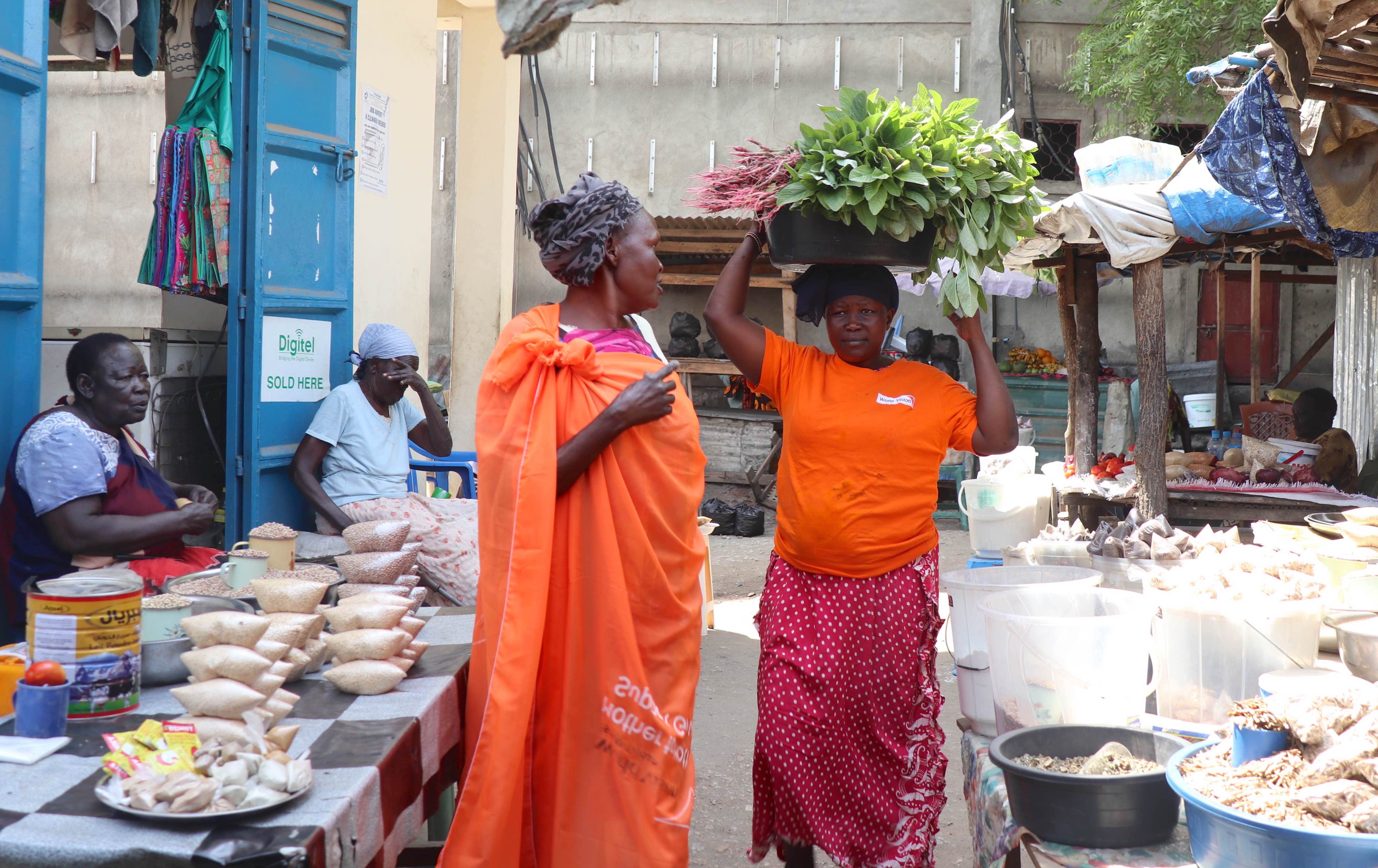
Mariam, 26, a mother of two adds, “I am a housewife and wants to contribute for the family’s needs. We are dependent on my husband and when he has no income, we have no food to eat. Not anymore. The gardens enabled me to earn and support my family.”
World Vision, with support from UNICEF, provided seeds such as okra, kale, Jew mellow, tomatoes, eggplants and spinach. “Apart from nutrition, we also do awareness campaign on hygiene practices”, Nyoka says.
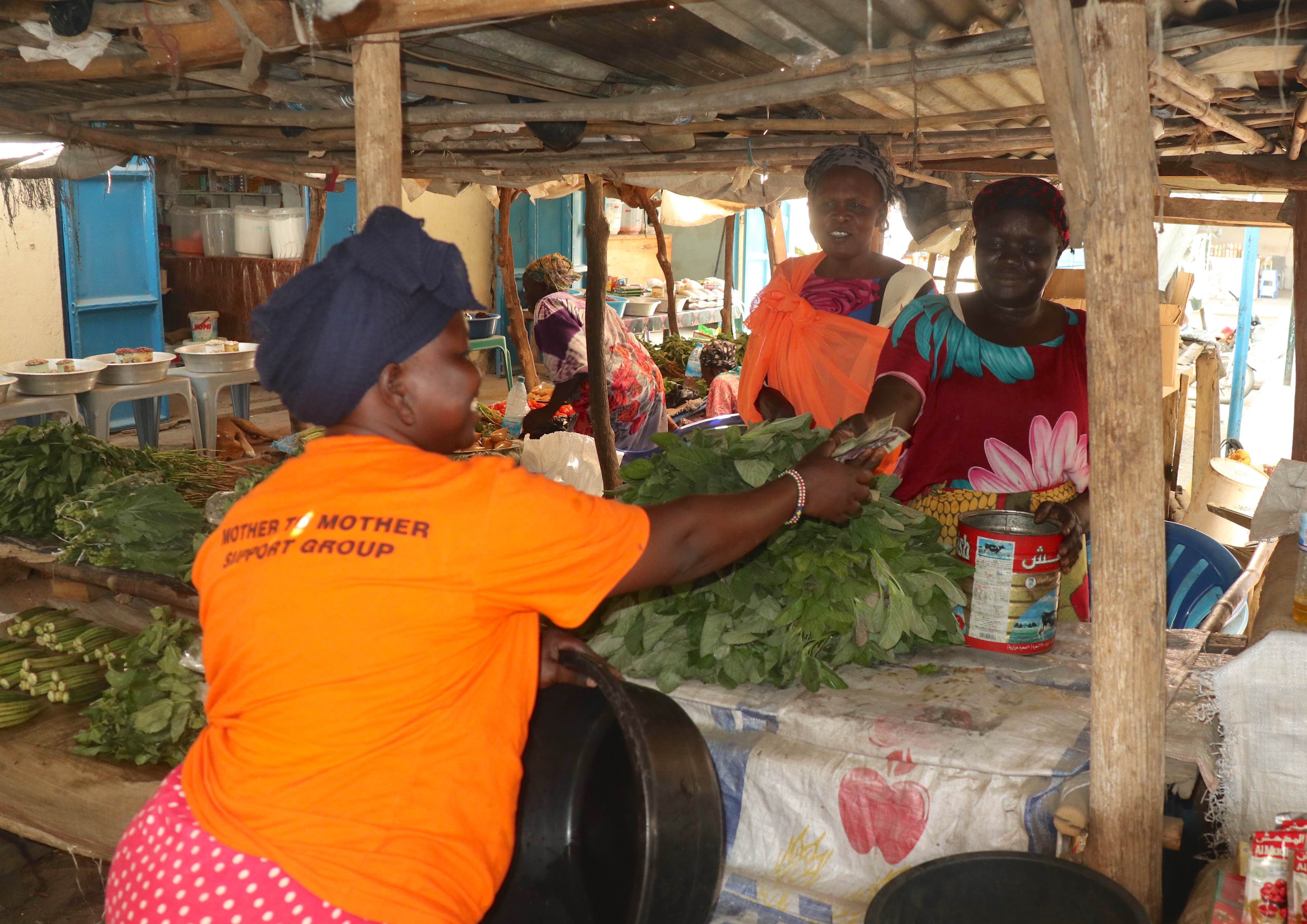
The mothers sell a box of vegetables at SSP2000 (USD4) each. “We harvest and sell every end of the month. Aside from the money shared by members monthly as part of our savings program, we have saved SSP49,000 (USD108) from our profit. We are grateful to World Vision for the support”, Mariam adds.
Komakech Ronald Mandela adds, “The mothers’ group play an important role in Juba’s communities. They meet weekly to share their experiences, train other mothers, work together on their kitchen gardens, and create awareness to prevent malnutrition.”
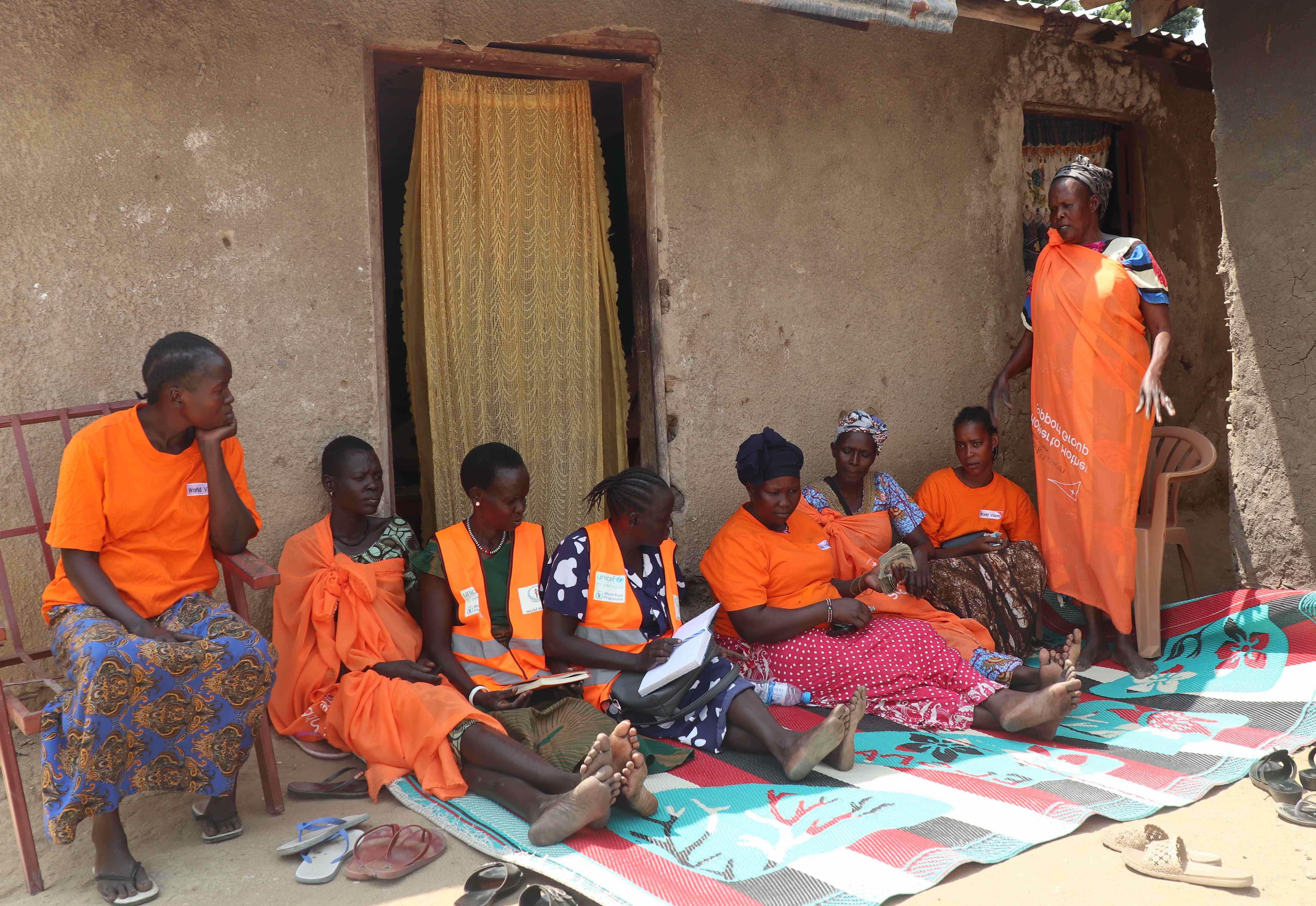
Story and photos by Scovia Faida Charles Duku, Communications Coordinator